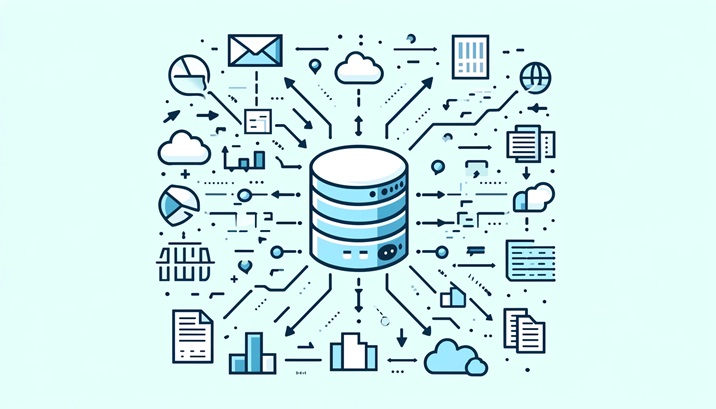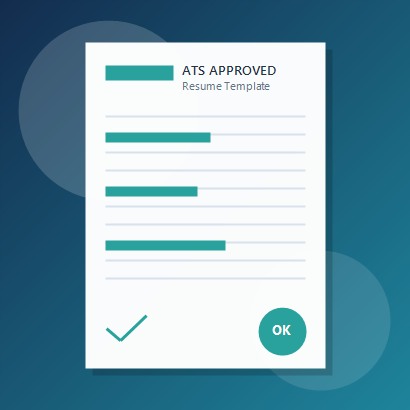Privacy and Data Security Concerns in Recruiting Software
Resume Optimizer Pro Editorial Team
Updated May 14, 2025

As the use of recruiting software becomes increasingly prevalent in the hiring process, concerns about privacy and data security have surged to the forefront. These systems often handle vast amounts of personal data from candidates, making them prime targets for cyber threats and data breaches. This article explores the key privacy and data security challenges associated with recruiting software and provides insights on how organizations can safeguard sensitive information.
The Nature of Data Collected
Recruiting software typically gathers extensive personal information from job applicants, ranging from contact details and employment history to educational background and professional skills. This data collection is crucial for effectively matching candidates with job openings but also raises significant privacy concerns.
Sensitivity of Applicant Data
The information collected can include sensitive data that, if mishandled, can lead to privacy violations. This encompasses not only the basics like names and addresses but also other identifiers such as social security numbers, financial information, and sometimes even health-related data depending on the job.
Potential for Data Misuse
There is always a risk that the personal data collected through recruiting platforms could be misused. Unauthorized access or improper use of this data can lead to identity theft, discrimination, and other harmful consequences for applicants.

Data Storage and Access
How recruiting data is stored and who can access it are pivotal factors in maintaining data security. Insecure storage and access controls can expose candidate data to unauthorized parties, leading to potential data breaches.
Security of Data Storage
The methods and technologies used to store sensitive data significantly impact the security of that data. Many recruiting software solutions rely on cloud services, which can offer robust security measures but also pose unique challenges in ensuring that only authorized personnel have access to sensitive data.
Controlling Access
Properly managing access to data within recruiting systems is critical. Employers must implement strict access controls and regular audits to ensure that only authorized personnel have access to sensitive information and that their actions are monitored and recorded.
Compliance with Data Protection Regulations
Compliance with international, federal, and state regulations is a critical aspect of managing recruiting software. Laws such as the General Data Protection Regulation (GDPR) in the European Union and the California Consumer Privacy Act (CCPA) in the United States set stringent guidelines on data privacy and security.
Understanding Regulatory Requirements
Organizations must be well-informed about the data protection laws that apply to their operations. This knowledge helps ensure that recruiting practices are compliant and that they maintain high standards of data protection and privacy.
Implementing Compliance Measures
To adhere to legal standards, companies need to implement comprehensive data protection strategies. These include conducting data protection impact assessments, ensuring data minimization, and providing clear privacy notices to candidates about how their data will be used.
Enhancing Data Security Measures
With the growing sophistication of cyber threats, enhancing security measures in recruiting software is more important than ever. Organizations must adopt advanced security technologies and practices to protect sensitive data.
Utilizing Advanced Encryption
Encryption is a fundamental data protection measure. Encrypting data both at rest and in transit ensures that even if unauthorized parties access the data, it remains unreadable and secure.
Regular Security Audits
Conducting regular security audits and vulnerability assessments can help organizations identify and address potential security gaps in their recruiting software. These audits should be carried out by independent third-party security specialists to ensure impartiality and thoroughness.
Conclusion
Privacy and data security are critical concerns in the use of recruiting software. Organizations must take proactive steps to protect sensitive candidate data against the growing threats of cyberattacks and data breaches. At Resume Optimizer Pro, we take privacy extremely seriously. All API transactions occur in memory, ensuring that no information from the resumes being processed is stored. Additionally, all transactions are encrypted via HTTPS, providing a secure pathway for data handling. By implementing robust data protection practices, we not only comply with regulatory requirements but also build trust with our users, ensuring their personal information is secure throughout the recruiting process.


